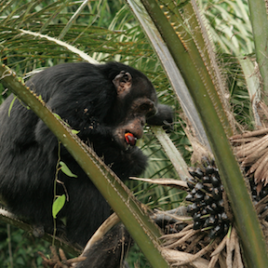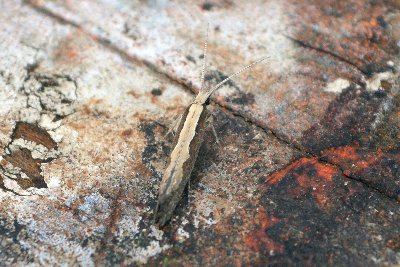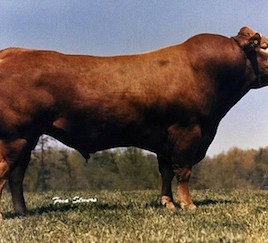The first phase of the “1000 Bulls Project” reports complete DNA sequences for 234 animals that are considered key ancestors of the worldwide Holstein-Fresian, Jersey and Fleckvieh breeds. By cross-referencing the tiny differences in these genomes with information on the animals performance – milk production (in dairy animals), weight gain (in beef cattle), genetic defects, […]
Tag: agriculture

Palm oil agriculture could means trouble for Africa’s great apes
The booming oil palm industry in West and Central Africa could have a negative impact on great apes, a new study shows. The authors estimate that nearly 40% of the distribution of great ape species on unprotected lands overlaps with suitable oil palm areas. The countries most at risk are Gabon, Congo, and The Democratic […]
Predicting species tolerance to pesticides
A new computer model could help biologists predict how various species will respond to pesticides. Because of varying responses to pesticides between species – including their tendency to develop tolerance – it’s costly and difficult not only to judge their potential effectiveness but also to manage the unintended consequences in non-target species. The new model […]

Dogs can sniff out stink bugs in winter before they damage crops
A new study shows that dogs can help us understand ecology of the brown marmorated stink bug. The stink bug is an invasive agricultural pest that was first spotted in Canada in 2012 and has since spread throughout Ontario. Two Labrador retrievers were trained to recognize the smell of the bugs and locate the dead […]

Parasitic wasps fight cabbage pests
The larvae of the invasive Diamondback Moth are a major pest of garden plants like cabbage and broccoli and have become resistant to many pesticides. One alternative is biological control: parasitic wasps lay eggs in the caterpillars which hatch into larvae that devour the caterpillars from the inside. A new paper by a Canadian high […]


GM rats and maize | Expert Comments
Expert Comments – GM maize and rats In 2012, a study was published in Food and Chemical Toxicology by Séralini et al. titled “Long term toxicity of a Roundup herbicide and a Roundup-tolerant genetically modified maize.” The paper’s design, methodology and use of statistical tools attracted a great deal of criticism from the scientific […]